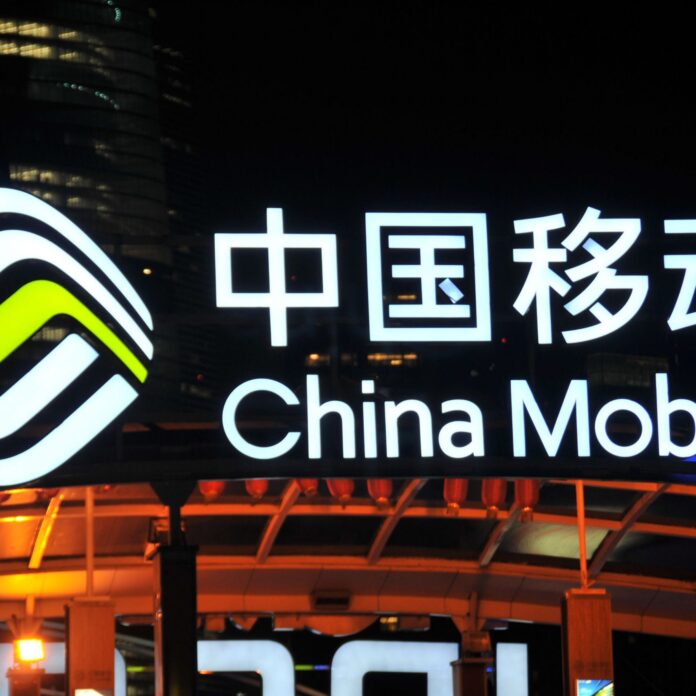China Mobile continues to pave the way for a share sale via the Shanghai Stock Exchange after the company was recently ejected from the New York Stock Exchange (NYSE).
In a statement to the Hong Kong stock exchange, where the Chinese carrier has its primary listing, China Mobile confirmed prospectus documents for a public offering on the Shanghai Stock Exchange had been already submitted to the China Securities Regulatory Commission.
“As the share issue is subject to approvals from the relevant regulatory authorities, there is uncertainty as to whether it will or will not proceed,” China Mobile said in the filing.
According to a report by the South China Morning Post, the telco aimed to raise CNY56 billion ($8.6 billion), with proceeds partly financing network improvements including its continuing expansion of 5G networks across China.
Meanwhile, shares in rival operator China Telecom began public trading on the Shanghai Stock Exchange today, after the company raised CNY47.1 billion ($7.2 billion) from its initial offering.
In a stock market filing, China Telecom confirmed it had raised this sum without the optional over-allotment.
In the first day of trading, China Telecom’s stock ended the session at CNY 6.11, up from an offer price of CNY 4.53.
In May, the NYSE rejected the appeals by the three main Chinese mobile carriers to a delisting related to a presidential order blocking U.S. investment in companies considered a national security threat.
In January, China Mobile, China Telecom and China Unicom had called for the exchange to reverse the delistings and delay a suspension in trading of the shares while a review is conducted.
The New York Stock Exchange announced just before the end of 2020 that it had begun proceedings to delist China Telecom, China Mobile and China Unicom’s shares from the stock market.
The move followed an executive order signed by former President Donald Trump on November 12, prohibiting any U.S. companies or people from investing in companies with ties to the Chinese military.
The NYSE had halted trading for these securities on January 11. The U.S. Department of Defense had previously stated that the three Chinese operators had significant connections to Chinese military and security forces.
In January, the China Securities Regulatory Commission (CSRC) had said that the decision by the NYSE will not have an impact in these three companies’ businesses, as the size of companies’ American Deposit Receipt (ADR) listings remains less than 2.2% of their total equity, with a market capitalization of less than CNY20 billion.
“The liquidity, trading volume and fund-raising functions of the ADRs have been relatively low, therefore the direct impact of a potential delisting would be rather limited,” CSRC said.

